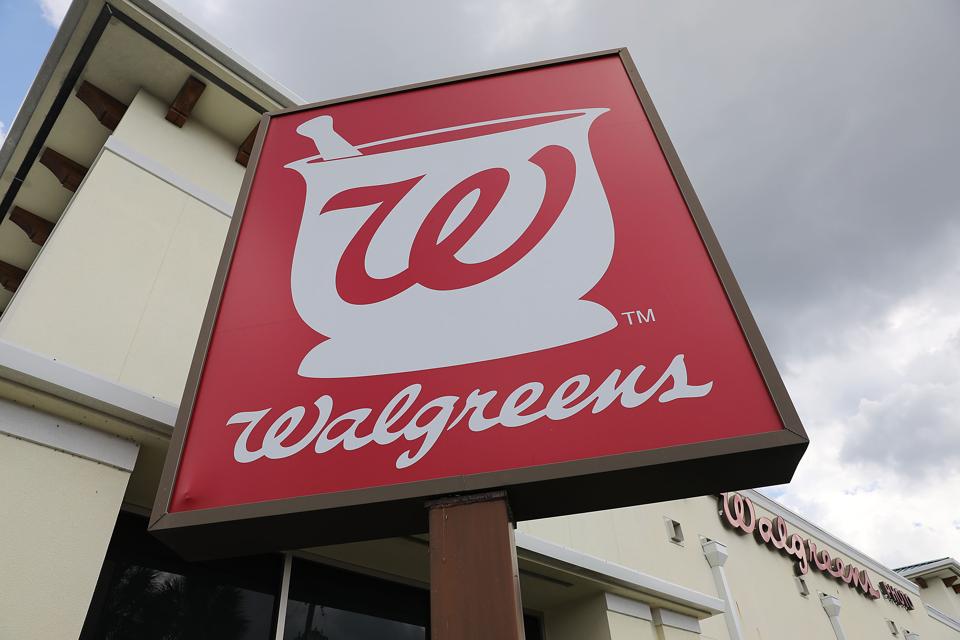Walgreens is launching Walgreens Specialty Pharmacy, a $24 billion business that integrates new gene and cell services with existing pharmacy assets including the large specialty pharmacy and home delivery business, AllianceRx.
The move, which takes effect August 1 when AllianceRx Walgreens Pharmacy becomes Walgreens Specialty Pharmacy, comes as Walgreens chief executive Tim Wentworth works to engineer a financial turnaround focusing on providing more healthcare services in stores while beefing up the more lucrative aspects of pharmacy. The creation of Walgreens Specialty Pharmacy should also lay to rest any rumors the company planned to exit the specialty pharmacy business.
“With approximately $24 billion in annual enterprise specialty revenue, Walgreens Specialty Pharmacy is the largest independent provider that offers the industry’s most robust specialty capabilities not vertically aligned with a pharmacy benefit manager,” said Walgreens chief pharmacy officer, Rick Gates.
A three-byline Bloomberg News story in January said the embattled drugstore chain was “exploring options including a sale of Shields Health Solutions, the specialty pharmacy business it acquired a majority of three years ago.” Shields, however, will remain a part of Walgreens healthcare segment, supporting providers of medical care, Walgreens said. Shields works with hospitals and health systems to set up and run their own on-site specialty pharmacies.
“We have the flexibility to contract dynamically with any payer,” Gates added. “We can partner directly with pharmaceutical manufacturers to facilitate products to market, including limited distribution drugs, and coordinate closely with providers to ensure patients experience a smooth start to treatment.”
Walgreens announcement that the specialty pharmacy business is beefing up comes just ahead of next week’s Asembia AXS24 Summit, the 20th annual conference focused on specialty pharmacy that draws thousands of pharmacy, specialty pharmacy and pharmaceutical industry executives from around the world to the Wynn & Encore Las Vegas.
Specialty pharmacies are an increasingly important player in the U.S. health system given the flood of expensive drugs on the market derived from biotechnology. Such medicines are more complicated than pills and capsules picked up at the corner drugstore and often require specialized administration, refrigeration, packaging and patient instructions.
Meanwhile, taxpayers, government health insurers and companies are spending more on pricey specialized prescription drugs than pills and capsules that have busted budgets for drugs historically.
These days, specialty medications account for 1%-2% of a typical employer’s overall prescription volume, yet these medications account for approximately 50% of total annual pharmacy spend, according to the employee benefit consultancy, Mercer. Meanwhile, prescription costs are fueling the overall healthcare costs for employer-based health insurance coverage.
Under the new business, Walgreens Specialty Pharmacy will include the following: a gene and cell services pharmacy and innovation center, an 18,000-square-foot facility in Pittsburgh, Pa. “with services and capabilities for these emerging therapies, including innovative solutions for managing the complexity of the supply chain, logistics and financing as well as clinical and social needs management to ensure success for patients and partners,” the company said.
In addition, Walgreens Specialty Pharmacy will include: four central specialty pharmacies; nearly 300 community-based specialty pharmacies across the nation, which Walgreens said is more than any other pharmacy; and more than 1,500 specialty-trained pharmacists and 5,000 patient advocacy support team members and “dedicated Specialty360 teams that support all specialty conditions and therapies,” the company said.
“When a patient must confront a life-changing, serious health challenge and begins therapy for a chronic or complex condition, our pharmacists are right there to guide and care for them throughout their healthcare journey —from helping them order and take their medication to identifying financial assistance opportunities and working with their doctor and insurance plan to make sure they’re receiving the most coordinated care,” Gates said.

